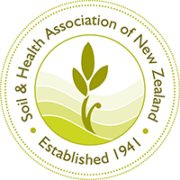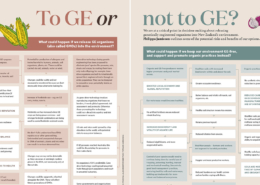 https://organicnz.org.nz/wp-content/uploads/sites/2/2024/03/to-GE-or-not-to-GE-third.jpg
829
1500
Staff Writer
https://organicnz.org.nz/wp-content/uploads/sites/2/2024/09/OrganicNZ-2024-Masthead.png
Staff Writer2024-03-01 14:19:272025-08-20 22:44:00To GE or not to GE?
https://organicnz.org.nz/wp-content/uploads/sites/2/2024/03/to-GE-or-not-to-GE-third.jpg
829
1500
Staff Writer
https://organicnz.org.nz/wp-content/uploads/sites/2/2024/09/OrganicNZ-2024-Masthead.png
Staff Writer2024-03-01 14:19:272025-08-20 22:44:00To GE or not to GE?Feature Articles
 https://organicnz.org.nz/wp-content/uploads/sites/2/2024/03/to-GE-or-not-to-GE-third.jpg
829
1500
Staff Writer
https://organicnz.org.nz/wp-content/uploads/sites/2/2024/09/OrganicNZ-2024-Masthead.png
Staff Writer2024-03-01 14:19:272025-08-20 22:44:00To GE or not to GE?
https://organicnz.org.nz/wp-content/uploads/sites/2/2024/03/to-GE-or-not-to-GE-third.jpg
829
1500
Staff Writer
https://organicnz.org.nz/wp-content/uploads/sites/2/2024/09/OrganicNZ-2024-Masthead.png
Staff Writer2024-03-01 14:19:272025-08-20 22:44:00To GE or not to GE?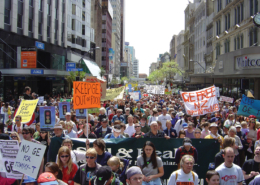
The battle for the future of food
Jon Carapiet outlines why the push for automatic acceptance of unproven technologies that have the potential to irreversibly contaminate our food and environment (aka GE) is the wrong direction.

The benefits of Vitamin Sea
As we chase modern life, do we forget the powerful and potent benefits of nature? Simply going to the beach can have profound effects. Zara Adcock explains how the surf, sand, and sun affects our spiritual, mental, and physical health.
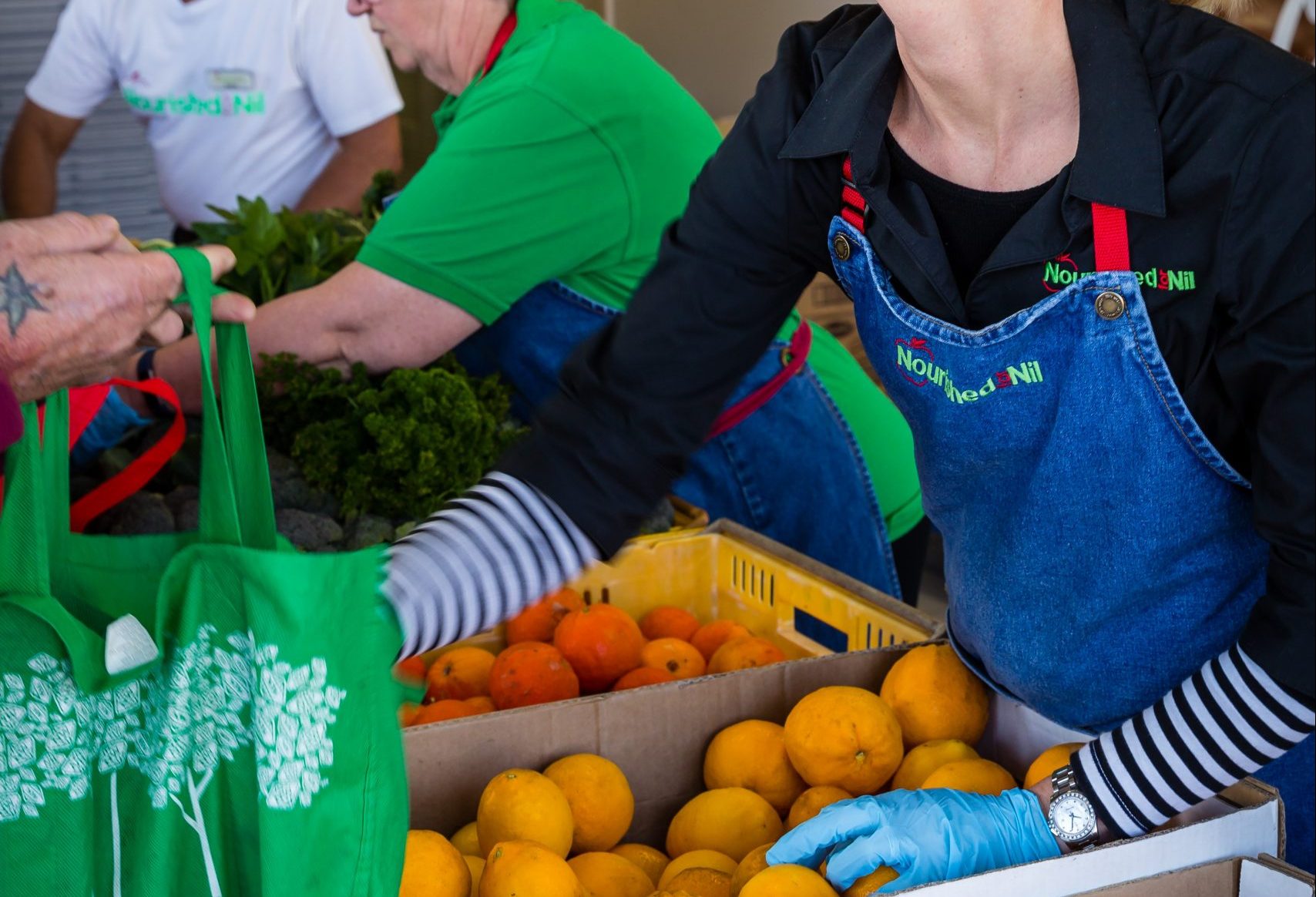
So let’s talk about GE
Pro-GE lobbyists are saying we need to have a ‘mature’ conversation about genetic engineering. Originally they claimed it would solve world hunger, now they are claiming it will mitigate climate change. Philippa Jamieson logically and ‘maturely’ refutes their greenwashing.

Dispersing the myths of methane
Are burping cows really to blame for global warming? Dee Pignéguy delves into the source and cycle of methane to reveal that it is not so simplistic – and there are other culprits that should concern us more.

Insects in your garden: Beneficial or bad?
Insects are a vital component of a spray-free garden. But which ones? Duncan Smith describes what various insects do, why you need them, and how to get them.

How-to: urban composting with bokashi, worm farming, and more!
Recycling plant matter into plant food is half of the cycle of life. Kaitlyn Lamb describes how this can be done on any scale, in any place – even the most urban situation.

Behind the scenes of the Organic Act
Over four decades, thousands, if not hundreds of thousands, of voluntary hours have been committed to establishing a solid foundation for organics in New Zealand. Brendan Hoare recounts the journey, the challenges, and the lessons learnt in the creation of the Organic Product and Production Act 2023.

Vote organics this 2023 election
At this critical point of organic development in Aotearoa, government support is going to be crucial for organic and sustainable practices to evolve. Jenny Lux asks our political parties what they intend to do about it.

The soil improver: transforming forestry slash with biochar
Kev Dowman tells Paula Sharp why we should be producing biochar on a commercial scale. He says it is an investment for our future, specifically the future of New Zealand’s land quality and how we can contain carbon.
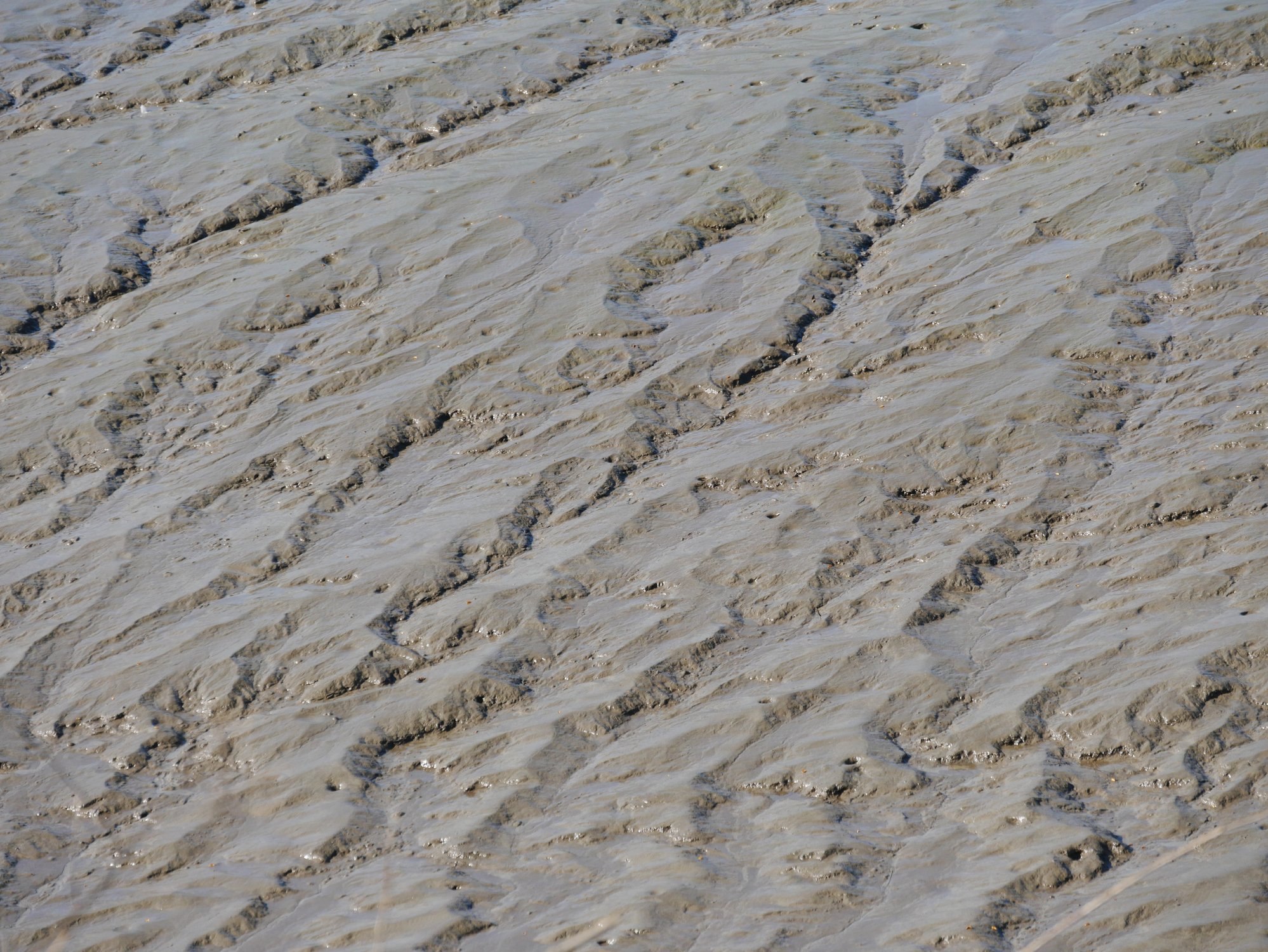
Silt to soil: Rejuvenating silt organically
The silts from recent floods are devoid of the all-important pore spaces, organic matter and microbes that make up a living soil. Charles Merfield gives practical recommendations on how to use organic processes to re-establish these and revitalise mineral-rich silt.

Happiness Begins With Good Food
The hormones that support us to feel calm, content, and happy
are produced in our gut from the food we eat. Laura Hett
explains how our diet affects our state of mind.

Making soil: turning food scraps into food production
A climate action enterprise uses bokashi and no-turn composting methods to create carbon-rich, nutrient-dense soil. Theresa Sjoquist talks to those who are diverting landfill to profitable crops.

Bringing seaweed back into the food chain
Nutrients and minerals from the earth’s crust flow into the sea and are absorbed by seaweed. Duncan Smith outlines the benefits of closing the loop and bringing seaweed back into your food chain.

Medicinal fungi at Ora’s Farm
Lion’s Mane, Turkey Tail, Piopinno, Enoki, Shiitake. Intriguing names for delicious mushrooms that science is revealing are beneficial to our health. Crispin Calidicott talks to two growers who are excited about their therapeutic potential.

The Therapeutic Products Bill: A step forward for natural health products?
Natural health products are included in the Therapeutic Products Bill which was presented to Parliament at the end of last year. Dr Sandra Clair looks at the reasoning behind it and says that, if executed well, this could be a step in the right direction for pluralistic medicine in New Zealand.

Nourished for Nil’s mission to turn waste into food
New Zealand’s yearly food waste produces 409,234 tonnes of carbon emissions. To offset this we would need to take 150,453 cars off the road for one year or plant 163,693 trees. Rescuing this waste to feed people is a win-win. Christina McBeth tells Bonnie Flaws how she co-ordinates Hawke's Bay businesses, government assistance, sister organisations, and volunteers to redirect waste into food for over 1200 families.

Introduction to biodynamics
Biodynamics is a holistic organic practice that views a farm as an entire organism. Rebecca Reider explains the fundamentals of this earthy yet cosmic system of growing.

Ethical omnivorism: a case for eating meat
Meat is a divisive subject for ethical, environmental and health reasons. As part of an ongoing conversation we'll be running on this topic, Bonnie Flaws shares her view on why planetary and human health is compatible with ethical omnivorism.

Creating food forests with syntropic agroforestry
Jared Hiakita is a practitioner of syntropic agroforestry and the founder of ōNuku, a charitable trust in Hokianga that provides opportunities for the community to build more resilient food systems. He talks about growing food for whānau and the whenua.

